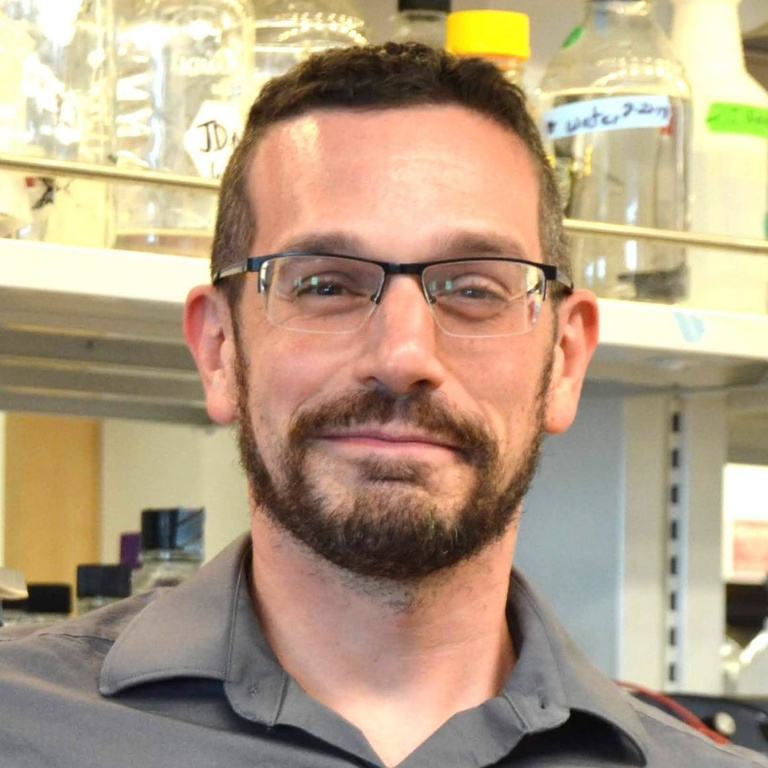Daniel Summers, PhD
Neurons extend long projections called axons that establish connections throughout the body. In humans, axons can reach over a meter in length and extreme isolation from the cell body imposes unique challenges on this compartment. Axonal degeneration is a prominent event in many neurodegenerative disorders and preventing axon decay is an important therapeutic goal.
The major objective of my research program is to understand the cell biology of an axon and identify new pathways responsible for axon fate in response to injury or disease. Projects in my lab include: 1) defining protein homeostasis networks that control the abundance axon survival factors, 2) determining how local protein translation impacts axon function, and 3) investigating the contribution of the immune system to axon health and survival. We employ several experimental approaches that include biochemical, cellular, and in vivo model systems. Our larger hope is that understanding axon biology will yield new and important strategies for protecting the nervous system and sustaining functional connectivity.
- Cellular and molecular neuroscience
- Structural and trafficking proteins
- Neurodegenerative disorders
